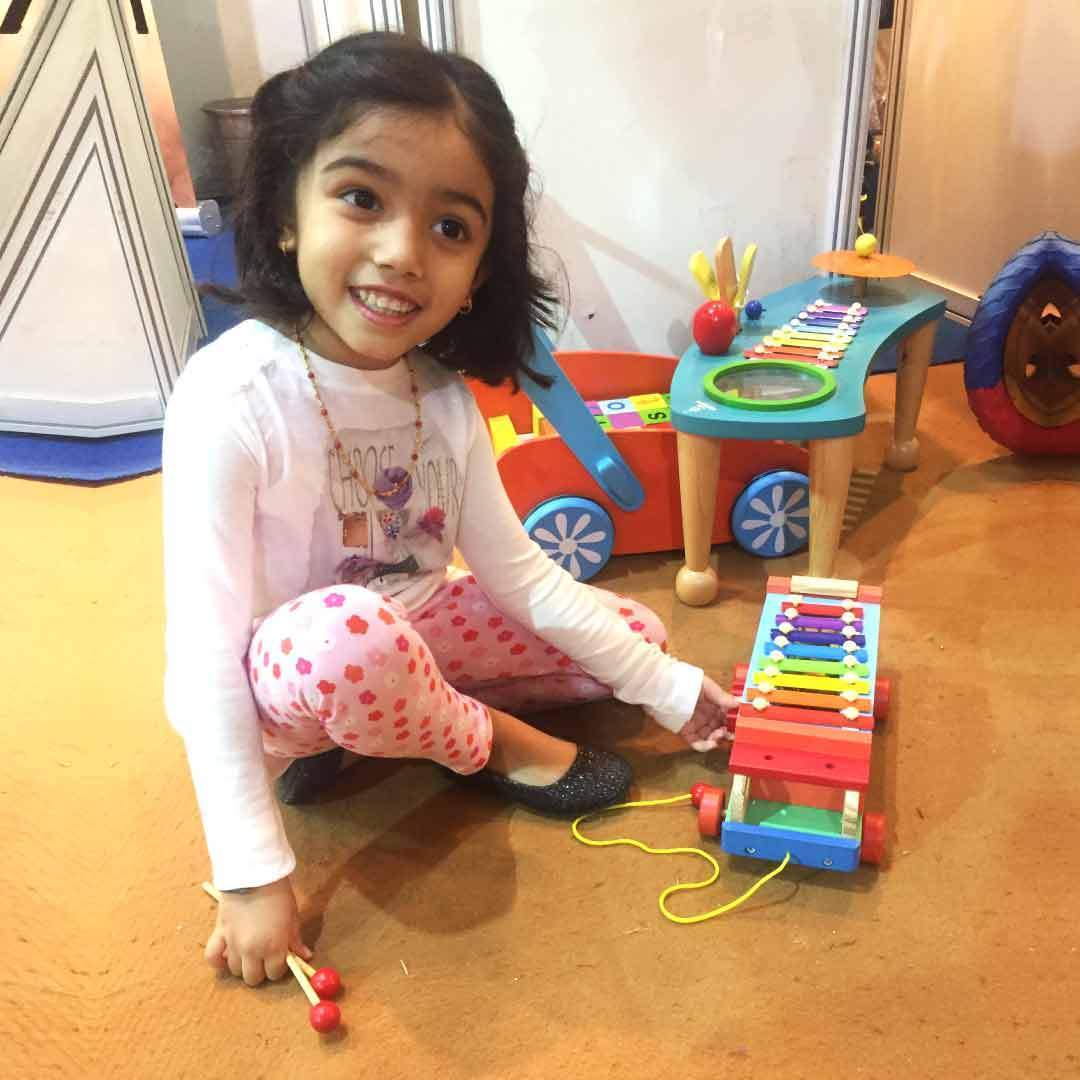With schools reopening all across the country, it it was time to brush up our social skills. Here is something from our posts that might help. We wish all children a fun time in school!
Remember that little push from your parents to greet the ‘Uncle’ or Aunty’ visiting?
Namaste karo beta/ Say good morning/ Hello bolo…Worse still was being grabbed by the Chachiji, Buaji, and Tayaji who hugged you whether you wished for it for not.
Why are social skills critical for your child?
While you should never force your child to hug or be touched in any way without their permission, good social interaction is extremely desirable, and we all want our kids to have social skills that will stand them in good stead as they grow up.
So how do you teach a sullen toddler and brash preschooler how to interact with others politely without having to give them a forceful push?
Toddlers and preschoolers are just discovering the world, and they have their own fears and anxieties and priorities that get in the way.
The new person may be too enthusiastic and overly affectionate, and even relatives are strangers to young kids if they see them only once in a way.
In the case of peers, the other child may grab a toy they are holding if they try and interact.
So how do you help your little one learn social skills?
Raising a young one’s EQ or emotional quotient is a slow process.
First, you help them manage their own emotions, then help them develop empathy and lastly help them express themselves in a socially acceptable manner.
EQ is a lot more critical to our happiness than our conventional measures like intelligence or financial success.
1. Want them to have Empathy? Give Empathy!
They learn what they see and give what they get. So You be empathetic to them and their needs and presto, you’ll be building empathy in them.
2. Stay close to newer situations especially with peers.
Kids hit or fight when they are frustrated and feel that there is no backup. If they feel someone is invading their space or taking away their toy, they will resort to tantrums and aggression.
You can encourage verbal expression instead of fights and hitting.
3. No forced sharing.
You share only what you wish to. Why must they share their favorite toy until they are ready for it?
Force may seem an easy way out but is, in fact, detrimental to the development of the skill. This also extends to sharing their hugs and kisses with adults/ relatives who may be in and out of their lives.

4. Wait their turn
This works in conjunction with sharing. You can point out how they must share if they wish for others to share with them. Patience is a virtue. Help them cultivate it.

5. Teach assertiveness and polite refusal.
Yes, you read that right! No might be the first word they learn but do they use it in the right way?
How many times have you got stuck doing something because you could not say no? So teach them to be politely assertive.
If they do not wish to be hugged, it’s perfectly acceptable just to say hello and wave, till they are ready.
6. Help them see the benefits of socially good behavior.
It’s not enough to pat them on the head and say ‘Good child” you need to make them realize how it creates happiness.
Point out how happy the other child was to get a turn with their toy. Playing together and doing better for it - building higher with blocks or solving a puzzle faster with help because there are more people, for instance, will help if you point it out.
It helps them to empathize.
7. It’s never too early to empower them with communication.
Tell them that it is ok to feel and express their feelings. For instance, it’s ok to feel some trepidation about new places and voice their concerns.
Is it too dark? Too many people? Let them tell you. It also helps you allay their fears.
8. Stay calm and parent on.
You can stay calm yourself, and soothe your child, instead of being embraced or angry at what you think is inappropriate or unacceptable behavior.
It makes it worse if you lose your cool.
8. Remember they’re kids.
Adults sometimes have issues containing their behavior in social situations – your little one will learn, he is only a child.
It is not a terrible thing to refuse to say hello to someone they have never met, right off the bat. Give them time and keep at it.
10. Be the change and be a role model.
Like everything else, kids learn what they see. So be the best role model for them. Share, be kind, loving and do what you want them to do socially. They will be as well-adjusted as you.
It’s never too early to teach these skills, but neither do you need to wring your hands if your child stubbornly refuses to smile at the uncle who is on a short visit from the USA.
Let them relax and enjoy their social interactions. That is the key to learning these skills for a lifetime. Happy socializing!!

